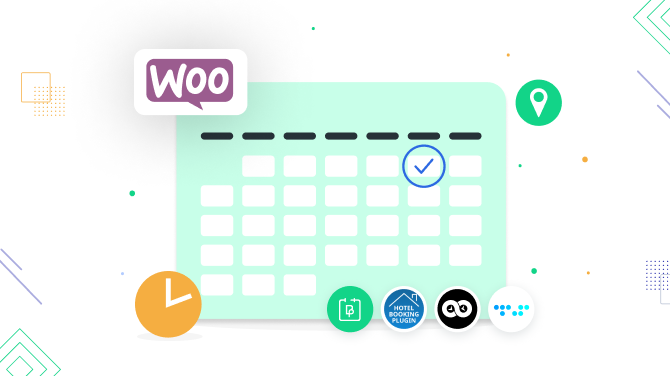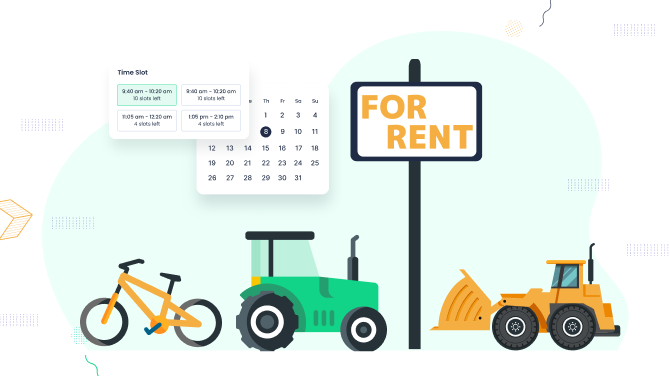Top 5 Free Performance Booster Plugins for WordPress

A slow website is bad. Really bad to the overall experience of the website visitors (today’s people are frustrated when the website is not loaded within around 5 seconds), search engine crawlers, and the visibility of your site in search rankings.
And we are going to talk about how to solve a great number of performance issues or boost the website performance even if you don’t experience (or you think so!) any significant problems at the moment.
There is always room for improvement to the measurable web performance as well as the performance that the website visitors experience (so-called client-side).
But let’s start with the basics.
What is website performance and why is it vital to boost it?
So what is it all about? Web performance refers to the objective measurement as well as perceived user experience of a website or application. In plain words, it’s how fast your website is, under the hood (code) and to the eye of a regular website visitor.
It’s vital to optimize the website’s performance because a fast-loading website directly impacts user satisfaction, engagement, and conversions of your online presence.
The major concern is that the general website performance optimization rules are just part of the solution; you should choose your performance optimization strategies based on what type of website you have and how it functions at the time being.
How to boost performance on WordPress
There are multiple ways to do so – based on what you already have in place on your site and whether you want to use user-friendly WordPress performance booster plugins or involve the developer’s assistance.
But first, what influences website performance and what are general solutions to them?
Let’s break it down into the table below:
| Performance Factors | Optimization Solutions for WordPress |
| Latency (the time your site’s content travels from the server to a user’s computer.) | Use content delivery networks (CDNs) to distribute content closer to users. -> Use Jetpack CDN Optimize server response times. -> Choose faster hosting. Minimize HTTP requests. -> Reduce the number of files or their size. |
| Application Size | Compress and optimize images. -> Compress or automatically with the WP Compress plugin. Minify CSS and JavaScript files. -> Replace animated files with static ones. Use caching plugins. -> Use WP Rocket |
| Number of DOM Nodes | Limit unnecessary elements. Avoid overly complex page structures. Minimize unnecessary plugins and scripts. |
| Number of Resource Requests | Implement asynchronous loading -> Async JavaScript |
| JavaScript Performance | Optimize JavaScript code -> Learn how |
| CPU Load | Use efficient hosting services. |
| Overall | Implement lazy loading for images and videos. Optimize font usage. Use browser caching. |
A lot of work here, and this is not the limit. However, even if you try to apply at least a few methods, you can notice significant changes to the overall website performance on your WordPress!
What are good free performance booster plugins for WordPress?
Besides the solutions and plugins that we have already mentioned, below is our manually selected list of really helpful user-friendly, and developer-friendly WordPress plugins that will do good to your website.
These plugins you will unlikely find in other lists, but be sure that they are time-trusted performance boosters for WordPress.
Autoptimize
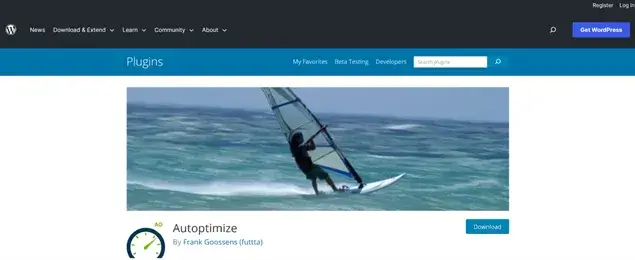
This free WordPress plugin fulfills one of the most crucial tasks: boosts the performance by optimizing your site’s HTML, CSS, and JavaScript resources.
Its main tasks include:
- Minify (decrease the size) of HTML, CSS, and JavaScript files.
- Optimize the loading of critical CSS by including it inline within your HTML.
- Enable crucial lazy load effects for images.
- Improve the Google Fonts loading.
- Improve the “First Contentful Paint” metric by generating critical Path CSS.
Async JavaScript

This really handy performance booster free WordPress plugin modifies how JavaScript files load on your website by enabling the rest of the page content to load and display while the scripts load in the background.
What else is does:
- Handles JavaScript animations.
- Integrates so-called ‘defer loading’ to load JavaScript files after the entire HTML content and other assets have been loaded.
- Improves the load on the server to enhance the overall user experience.
A3 Lazy Load
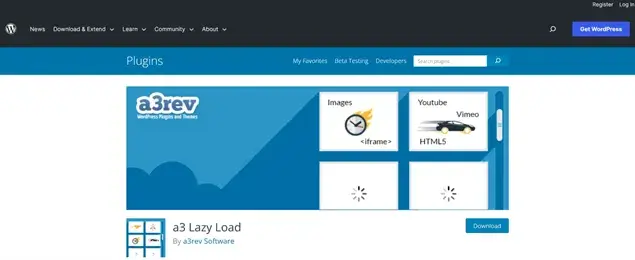
In comparison to other performance booster plugins in this article, this one is rather focused at one task: integrating the lazy-loading effects for images and other content. Besides that, you want to install this plugin to:
- Customize how lazy loading is implemented.
- Integrate lazy loading into a wider variety of content and widgets, such as maps or any other.
- Add lazy loading to videos and iframes.
Query Monitor
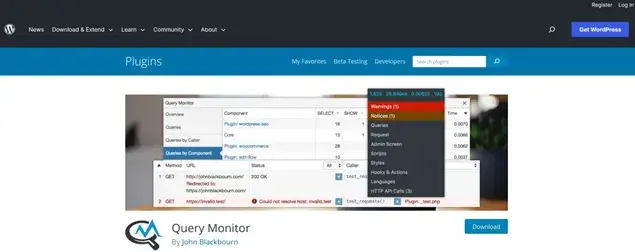
This is a developer-oriented solution to help you monitor the website’s performance issues. It’s a true gem of possibilities:
- Insightful database containing details about the number of queries, the time taken for each query, and the specific queries executed.
- Hooks and actions to monitor plugins and themes, as well as how they affect the current page.
- Capturing PHP errors and warnings.
- Monitoring of scheduled cron events.
Advanced Excerpt
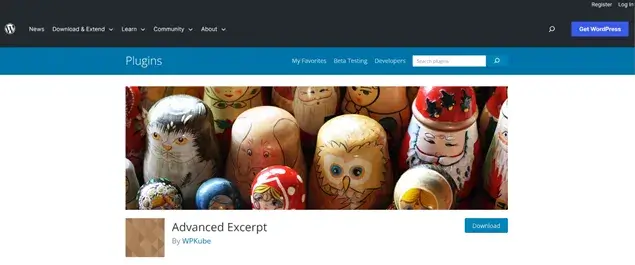
Last but not least, this is a really handy utility to optimize excerpts on your WordPress site, which can contribute to a better user experience and indirectly impact performance in a few ways. Its main capabilities include:
- Replace the default excerpt text with a custom one of your choice.
- Have more control over your read more tags.
- Apply the advanced excerpt settings to specific custom post types on your site.
Conclusion on optimizing your WordPress website performance
Now it all seems overwhelming and at times too nerdy, but don’t worry!
In what order should you start optimizing your website performance? We suggest the following things:
- Optimize and speed up your website by what you can do manually – compress images, reduce the size of videos, and integrate lazy loads.
- Choose quality hosting.
- Regularly monitor the performance of your site.
For the more strategic approach that might also involve extra assistance with maintenance services, keep in mind:
- Reduce the website loading time.
- Implement so-called lazy-loading techniques.
- Smooth the animated parts.
- Use a lightweight, well-coded WordPress theme.
- Minify CSS and JavaScript.
- Use caching plugins.

Get BookingPress Premium
50+ Premium Addons
20+ Payment Gateways
Plan starts at just $79
Get Premium Now





